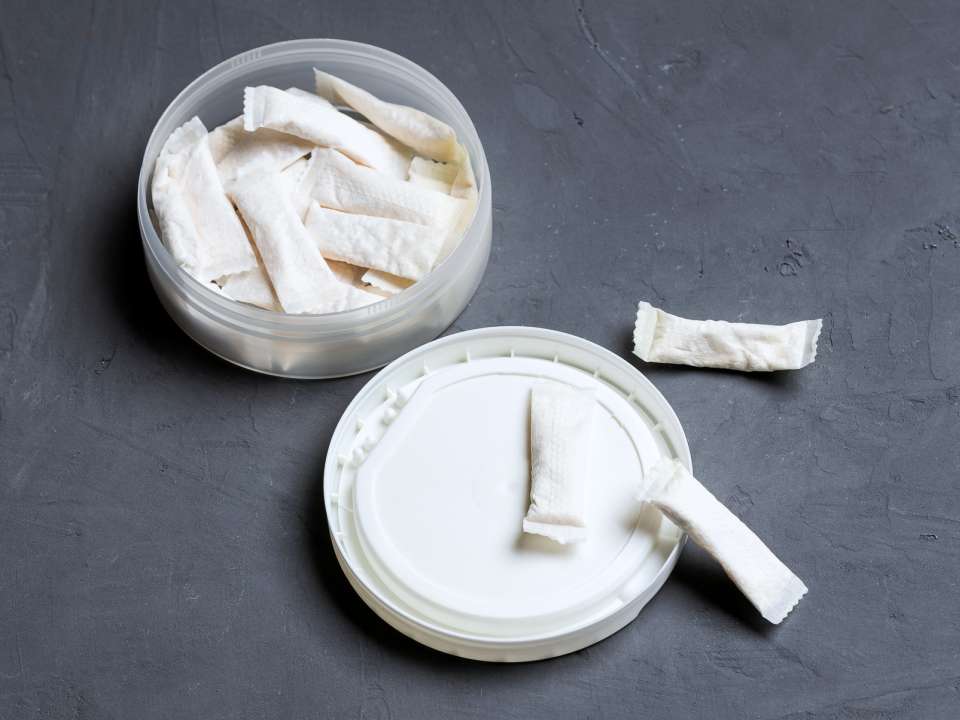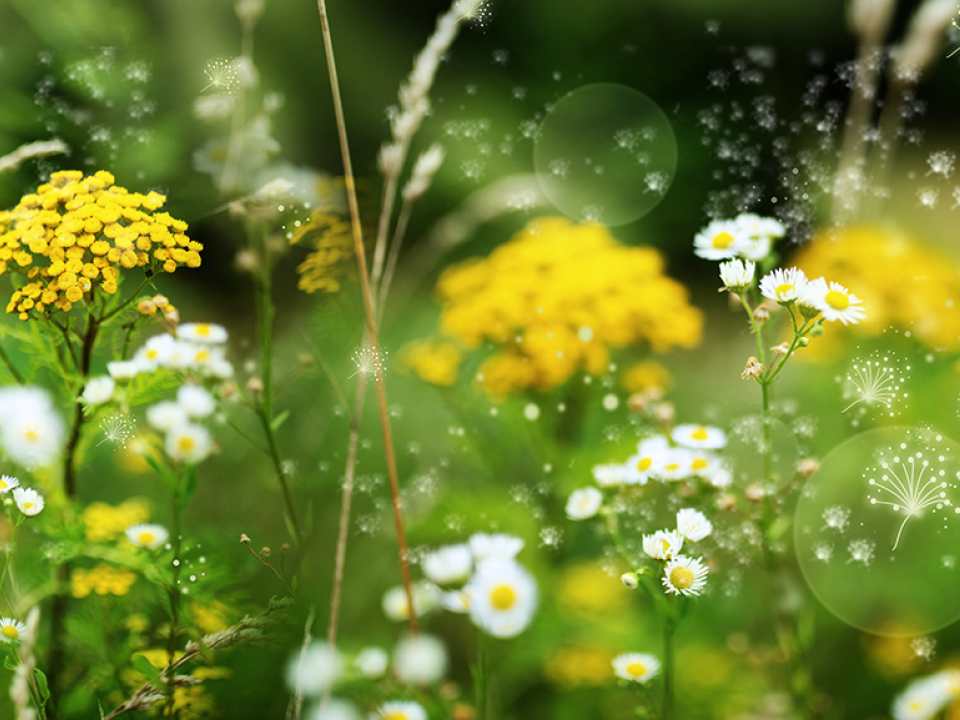
Skin is the body’s largest organ. While it’s strange to think that an organ covers the surface of the body, it’s important to pay careful attention to it, like you would if you experienced unusual changes to your heart, lungs or eyes. Don’t ignore your skin if something persistently itchy, bumpy or painful appears.
But what exactly should you look for? We broke it down with a dermatologist.
4 common skin conditions you shouldn’t ignore
It can be concerning when you notice something different, new or painful on your skin, and it’s not always easy to tell what’s dangerous and what’s benign.
Many marks and growths are harmless like skin tags and liver spots (aka seborrheic keratoses). These conditions typically don’t require treatment. If you’re bothered by the look or feel of them on your skin, then you can seek cosmetic treatments to help remove these lesions.
But if you have any questions about a change to your skin, it’s best to get it checked out by a dermatologist, especially if it’s causing pain or bleeding. Here are a few common skin issues to keep an eye out for.
Lesions
Health professionals call a discrete bump or spot on your skin a lesion. Skin lesions can be caused by many different conditions where a particular area of the skin looks different than the skin around it (often like a raised mark or sore).
“It’s important to seek dermatologic evaluation when you have a lesion that is painful, growing or bleeding spontaneously,” says Dr. Tanya Greywal, a dermatologist at UW Medical Center – Roosevelt Dermatology Center.
If it’s not getting bigger or more painful, Greywal says it’s best to leave it alone to give it the best chance to heal.
“If you’re constantly scratching or picking at something, it’s common for it to bleed and for the skin to change over time if you don’t give the area adequate time to heal,” she says.
But if the lesion still isn’t healing, it definitely needs a doctor’s eyes.
Rashes
If a rash appears, it’s typically not life-threatening — just annoying. However, if the rash doesn’t go away or develops sores or blisters, that’s a sign to get it checked out.
Greywal says it’s important to seek care for rashes that include mouth sores, blisters or peeling skin, especially if you’ve recently started a new medication, as this can be a sign of a serious drug reaction.
Moles
When the cells in your skin grow and congregate together, they can pop up as brownish or black growths called moles. They’re super common and typically harmless.
But it’s important to keep an eye on them. If a mole starts to change color or shape or grow bigger or thicker, go to the doctor to get it checked out. Sometimes a mole that grows or changes can be an early sign of skin cancer.
“Skin cancers can affect all skin types and ethnicities,” says Greywal. “Not all skin cancers are sun related. Skin cancers can also appear in areas that commonly are covered by clothing and do not have a lot of sun exposure, such as the bottom of the feet.”
In addition to these spots, skin cancer also commonly appears in areas like the scalp or right at your hairline.
So, make sure you’re aware of the moles on your body — even the ones in unexpected places.
Acne
While most people have acne during their teens or young adult years, it can occur at any age. Acne develops when hair follicles in the skin become plugged with dead skin and oils. Bacterial growth then triggers an inflammatory response that causes the redness, swelling and pain that typically comes with pimples.
Sometimes, acne can cause cysts deep in your skin. This form of acne, called cystic acne, can leave your skin scarred and pitted. A dermatologist can help you clear your skin and treat cystic acne with topical medications, oral medications or a combination of both.
4 essential skin care tips
After walking down endless skincare aisles or watching online influencers suggest an ever-changing variety of products, it can be easy to feel intimidated by all the available skin care options. Greywal suggests starting with these simple tips to help keep your skin healthy.
Protect your skin from the sun
Yes, it’s true — using sunscreen is one of the best ways to protect your skin when you’re out and about. Most weather apps show a UV index that indicates the sun’s intensity and can help you determine how long you should use sun protection that day.
“It’s important to protect the skin from the sun,” says Greywal. “This includes the use of sunscreens with reapplication, hats with wide brims and clothing with sun protection.”
Look for clothing that has an ultraviolet protection factor (UPF) of 50+.
Use moisturizer
Not only is moisturizer great for keeping your skin soft, but it’s also an essential way to prevent your skin from drying, cracking and flaking. This includes facial moisturizers and body lotion.
“Most people should be moisturizing their entire body daily, especially during the winter months when our skin tends to dry out more,” says Greywal.
If you use topical retinoids or retinol in your skincare routine, Greywal says these can make your skin drier and more sensitive, especially to the sun. To avoid dry, irritated skin while using these products, make sure you remember your sunscreen and moisturizer.
Ditch the fragrance
Whether your go-to scent is fruity, floral or musky, Greywal suggests using unscented products, as scented products can irritate those with more sensitive skin. This includes body wash, face wash, lotions, serums and more. Too much fragrance can cause rashes or other problems with your skin with prolonged use.
Don’t over-exfoliate
While that how-to video on the perfect nighttime skin care routine might advocate for different kinds of exfoliations, hold off on the scrubs. Greywal says it may do more damage than good.
“Many people overly exfoliate the skin or use numerous products containing acids and harsh chemicals which can irritate the skin, damage the upper layers of our skin barrier and make the skin more sensitive to sun,” says Greywal.
The takeaway
Just like it can be beneficial to start an exercise routine to keep your heart in tip-top shape, or a mindfulness routine to be kind to your brain, don't forget the importance of taking care of your skin, that big, incredible organ you see every time you look in the mirror.

 Healthy ideas for your inbox
Healthy ideas for your inbox





